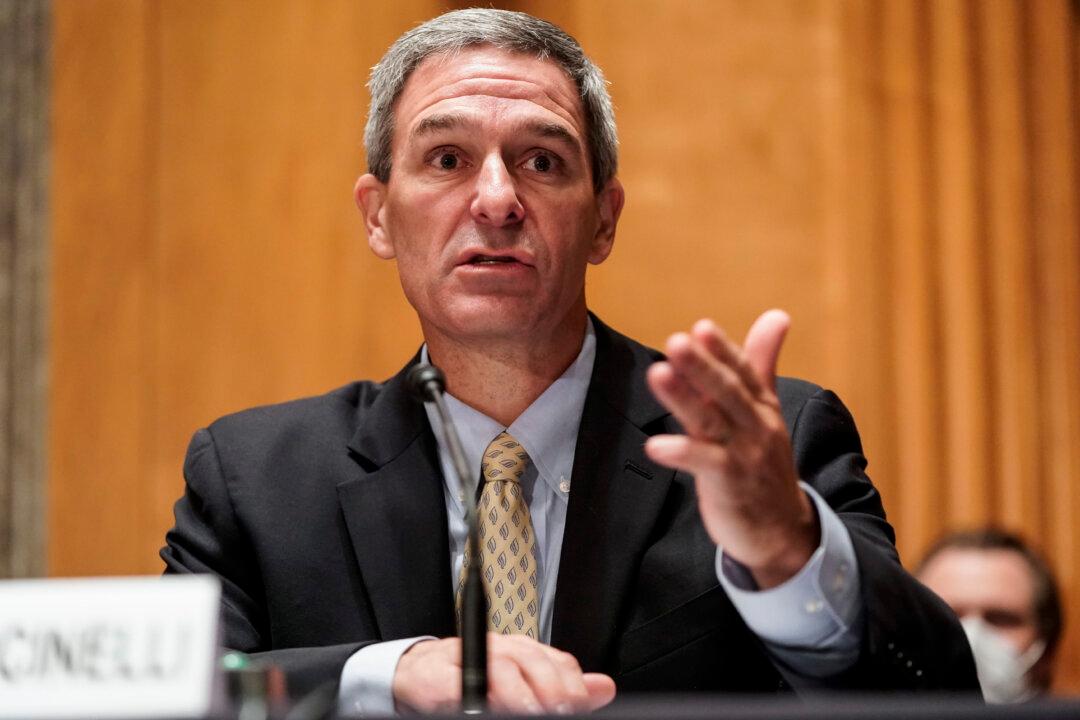Passage of Democrats’ top legislative priority—the massive registration and voting reform package named the ‘For the People Act of 2021’—will prompt “a rush to the courthouse steps,” according to Jason Snead, executive director of the Honest Elections Project.
“There are a number of constitutional infirmities and deficiencies that stem from its treatment of presidential and congressional elections identically, even though Congress has vastly reduced powers to regulate presidential elections under the Constitution,” Snead told reporters during a virtual news conference on May 12.





